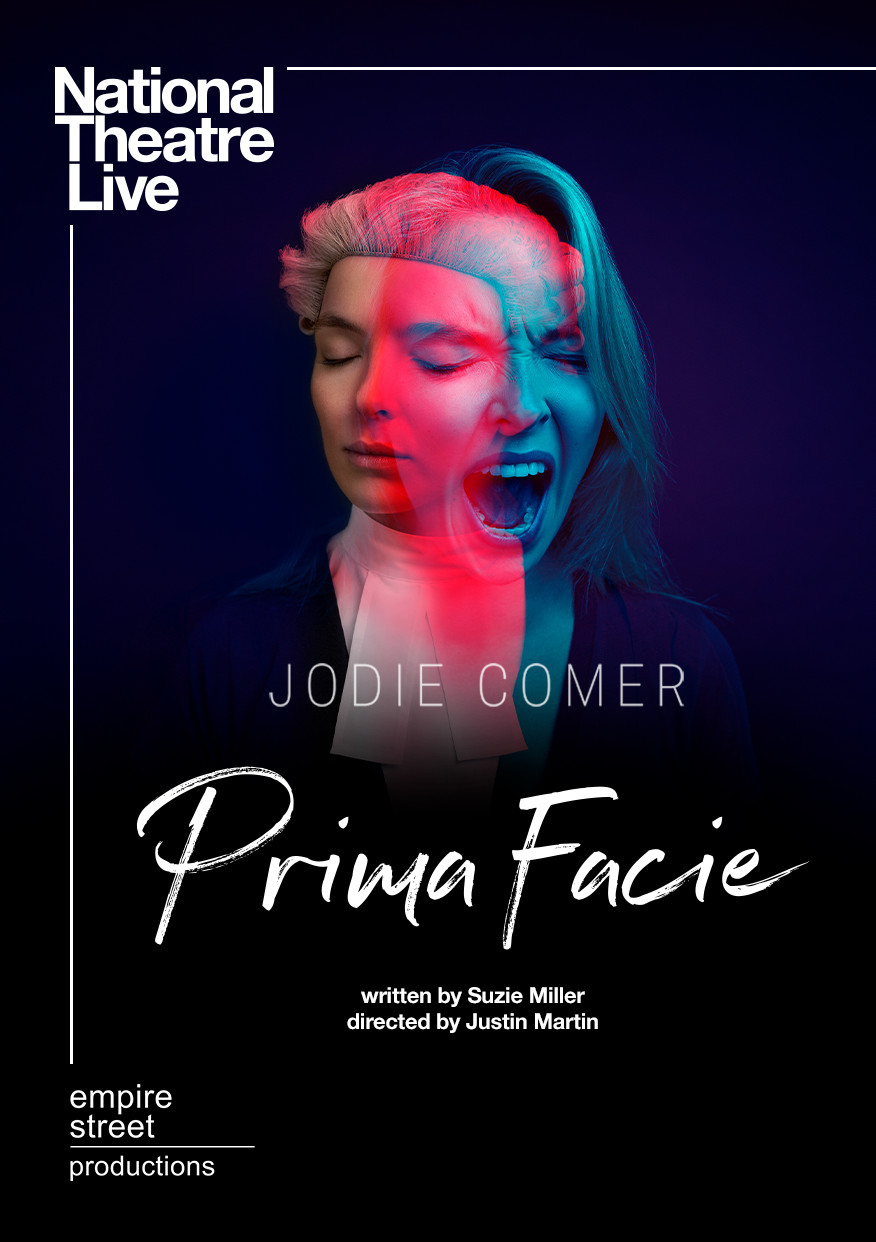Review: Prima Facie

There’s no denying that Jodie Comer’s West End debut, brought to cinemas yesterday by National Theatre Live, is electrifying. From the moment she walks on stage as Tessa, a confident criminal defence lawyer on the verge of greatness at the London bar, Comer demands nothing less than rapt attention while barrelling at breakneck pace through a legal drama that condenses adversarial courtroom conflict remarkably well into the risky format of a one-woman play.
Her mastery in this medium is yet another string to Comer’s bow after her breakthrough performance in Killing Eve and the criminally underrated The Last Duel, itself largely a courtroom drama. Unfortunately, what aims to be an emotional conclusion falls rather flat as the play struggles to decide what exactly it has to say about the handling of rape and sexual assault cases before the criminal courts.
Unapologetically polemical, Australian lawyer-turned-playwright Suzie Miller sets out in Prima Facie to expose the inability of the courts to deliver justice for the enormous number of women who experience sexual violence. She is right to highlight the issue — but ends up eliding a consistent diagnosis of either cause or cure.
When Tessa relishes in demolishing prosecution witnesses in sexual offence cases, her gender is not made invisible; on the contrary, she takes particular pride in doing so more calmly than her bombastic male colleagues. Later, she offhandedly explains to her mother that women jurors are not any more likely than men to believe complainants.
By the final act, however, Miller appears to fall back on a presumed solidarity between women as she suggests, through Tessa’s voice, that courts with more women in them would automatically deliver more just outcomes. In doing so, she retreats from a more sophisticated critique of how marginalised people can be assimilated into and themselves reproduce oppressive systems. This feels particularly inadequate amidst the post-#MeToo backlash in which women — as lawyers, judges, jurors, journalists and spectators — have all played their part in failing survivors.
Despite Miller’s own background in criminal defence, her play broadly casts defence barristers as morally ambiguous figures while police and prosecutors largely escape significant criticism. The Metropolitan Police — still associated in the real world with the rape and murder of Sarah Everard and its aftermath — provides some of the more sympathetic characters in Tessa’s narrative, including a young police officer who is the only other woman present in the courtroom for the play’s somewhat predictable denouement. We see the long delay in a sexual offence case reaching trial without any acknowledgment that it is barristers, including the hundreds taking strike action across England and Wales, fighting to solve this.
By adopting a narrow focus on what happens within the four walls of a courthouse, Miller’s play avoids exploring the reality that the vast majority of rapes and sexual offences are unreported, and of those a similar proportion never get as far as jury empanelment. Viewers would be forgiven for walking away under the assumption most rape trials end in a “not guilty” verdict when the opposite, for those precise reasons, is true.
Under pressure to offer an alternative vision of criminal justice, Miller can only offer vague sentiments about making allowances for women whose courtroom testimony is contradictory as a result of trauma. It is not clear whether her answer is procedural change, for instance around the cross-examination of complainants, or social change to diminish rape myths. This is a disappointing end for a play which appears so promising from its outset.
For the public, and especially those with no first-hand experience of the courts, Prima Facie is perhaps useful in making crystal clear why so few reports of rape and sexual assault result in a conviction. Unfortunately, its aim to act as a rallying call for reform is undermined by its ultimately confused ending.
Prima Facie will be broadcast live to cinemas again in the coming weeks. Visit the National Theatre Live website for showtimes and tickets.





